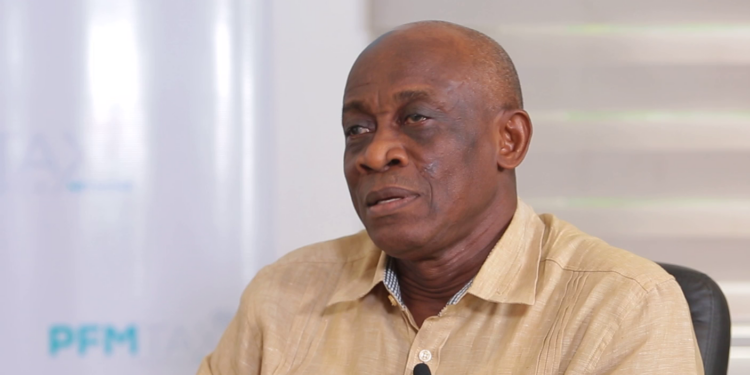Terkper Proposes Debt Cap and Sinking Fund Revival to Restore Ghana’s Fiscal Stability
Former Finance Minister Seth Terkper has announced that the National Democratic Congress (NDC) intends to cap Ghana’s debt at 55%-65% of GDP if it forms the next government, aiming to restore the country’s credit rating to a “B” level from its current CCC+ rating.
Speaking on Joy News’ PM Express on November 27, 2024, Terkper emphasized the need for robust debt repayment mechanisms, including the reintroduction of a sinking fund.
“As a country, you need to have a debt repayment mechanism; otherwise, you are going to borrow and borrow, leading to debt default as has happened in our case,” he said.
Sinking Fund as a Key Debt Tool
Mr Terkper stressed that the NDC would reintroduce the sinking fund, which was instrumental during his tenure as Finance Minister.
He criticized the government’s decision in 2017 to halt allocations to the fund, arguing that it left Ghana vulnerable to debt distress.
“The Sinking Fund gave us the needed fiscal space to service our Eurobond obligations. Abandoning it was a mistake, especially with the discovery of three new oil blocks,” he stated.
Mr Terkper also attributed the government’s current financial struggles to excessive reliance on the Stabilization Fund and frequent interventions by the Bank of Ghana to finance government expenditures.
The former Finance Minister further criticized the government’s lack of accountability in managing the Stabilization Fund, arguing that an imposed cap would have ensured better oversight.
He contended that the NDC’s debt management strategy would help Ghana avoid default, restore investor confidence, and stabilize the economy.
The reintroduction of the sinking fund as stated by Mr Terkper, comes against the backdrop of rising public debt, which hit GHS 761.1 billion ($51.1 billion) as of July 31, 2024, up from GHS 587.7 billion earlier in the year.
As of mid-2024, Ghana’s external debt stood at GHS 452.0 billion (43.0% of GDP), while domestic debt accounted for GHS 290.0 billion (27.6% of GDP).
The proposed reforms by the former Finance Minister, if implemented, are expected to create a pathway for fiscal sustainability and help reverse the nation’s financial decline.








